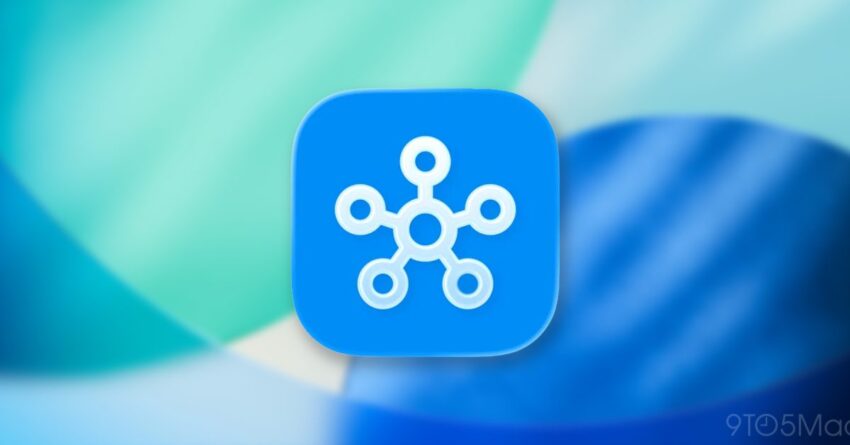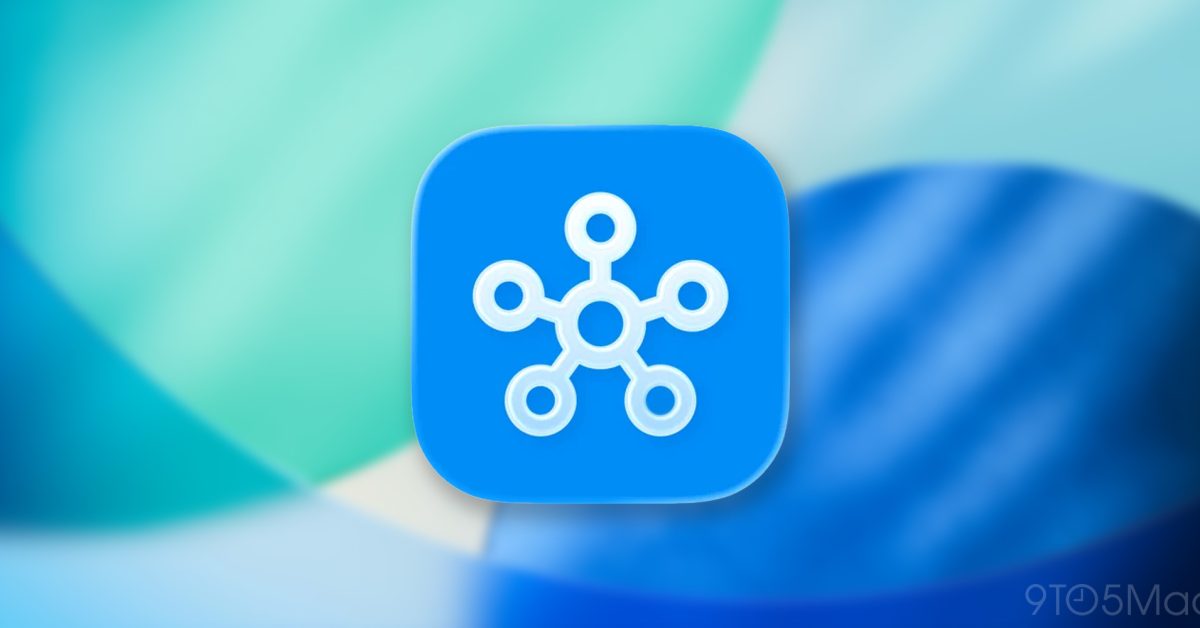
you can now ask siri to run Samsung has introduced a significant update that allows users to control their Samsung SmartThings routines through Siri, enhancing interoperability between different operating systems.
you can now ask siri to run
Overview of the Update
On November 10, 2025, Samsung announced a new feature that integrates its SmartThings platform with Apple’s Siri. This update aims to facilitate a smoother experience for users who operate devices across different ecosystems, particularly those who utilize both Android and iOS devices. By enabling Siri to execute SmartThings routines, Samsung is addressing the needs of mixed operating system households, where users may have a combination of Apple and Samsung devices.
What Are SmartThings Routines?
SmartThings routines are automated sequences that allow users to control multiple smart devices simultaneously. For instance, a user can set a routine that turns off the lights, adjusts the thermostat, and locks the doors with a single command. These routines can be customized based on time, location, or specific triggers, making them a versatile tool for home automation.
How the Integration Works
The integration allows users to invoke SmartThings routines using Siri voice commands. For example, a user can say, “Hey Siri, run my Good Morning routine,” and Siri will execute the corresponding SmartThings actions. This feature is particularly beneficial for users who may not want to switch between apps or platforms to manage their smart home devices.
Implications for Mixed OS Households
The announcement is particularly relevant for households that utilize both Apple and Samsung devices. In recent years, the smart home market has expanded rapidly, and users often find themselves juggling devices from different manufacturers. This update is a step towards creating a more unified experience, allowing users to control their smart home devices without being confined to a single ecosystem.
Enhanced User Experience
By allowing Siri to control SmartThings routines, Samsung is enhancing the overall user experience. This integration means users can rely on their preferred voice assistant without compromising their smart home functionality. The convenience of voice commands can streamline daily routines, making it easier for users to manage their homes efficiently.
Potential Challenges
While the integration is a positive development, it is not without potential challenges. Users may encounter issues related to connectivity, compatibility, or latency when using voice commands across different platforms. Additionally, the effectiveness of the integration will depend on the reliability of both the SmartThings platform and Siri’s voice recognition capabilities. Samsung will need to ensure that their systems are robust enough to handle the increased demand from users who may now rely on Siri for their SmartThings routines.
Stakeholder Reactions
The announcement has garnered mixed reactions from stakeholders in the tech community. Many users have expressed excitement over the new feature, citing the convenience it offers. However, some industry analysts have raised concerns about the long-term implications of such integrations.
User Feedback
Initial user feedback has been largely positive. Many users appreciate the ability to use Siri, a voice assistant they are already familiar with, to control their smart home devices. This integration eliminates the need to switch between different apps, making it easier for users to manage their routines. Users have reported that the voice commands are responsive and accurate, which is crucial for the feature’s success.
Industry Analysts’ Perspectives
Industry analysts have noted that this move could signify a broader trend towards interoperability in the smart home market. As more companies recognize the importance of cross-platform compatibility, we may see additional collaborations between major tech players. However, some analysts caution that while this integration is beneficial, it may also lead to increased competition among voice assistants. Companies like Amazon and Google may need to respond by enhancing their own smart home integrations to maintain their market positions.
Future Developments
Samsung’s integration of Siri with SmartThings routines is just the beginning. The company has hinted at further enhancements to its smart home ecosystem, which could include more advanced voice control features and improved automation capabilities. As the smart home market continues to evolve, Samsung will likely explore additional partnerships and integrations to enhance user experience.
Potential for Expanded Compatibility
Looking ahead, there is potential for expanded compatibility with other voice assistants and smart home platforms. If Samsung can successfully integrate with other ecosystems, it could position itself as a leader in the smart home market. This could also encourage other manufacturers to follow suit, leading to a more interconnected smart home environment.
Consumer Education and Support
As new features are rolled out, consumer education will be crucial. Users will need guidance on how to set up and utilize the new Siri integration effectively. Samsung may need to invest in support resources, including tutorials and customer service, to help users navigate the new capabilities. Ensuring that users understand how to leverage the integration will be key to its success.
Conclusion
The integration of Siri with Samsung SmartThings routines marks a significant advancement in the smart home landscape. By enabling users to control their smart devices through voice commands, Samsung is addressing the needs of mixed OS households and enhancing the overall user experience. While there are challenges to overcome, the potential benefits of this integration are substantial. As the smart home market continues to evolve, Samsung’s commitment to interoperability may pave the way for a more connected and user-friendly future.
Source: Original report
Was this helpful?
Last Modified: November 11, 2025 at 8:38 am
2 views















